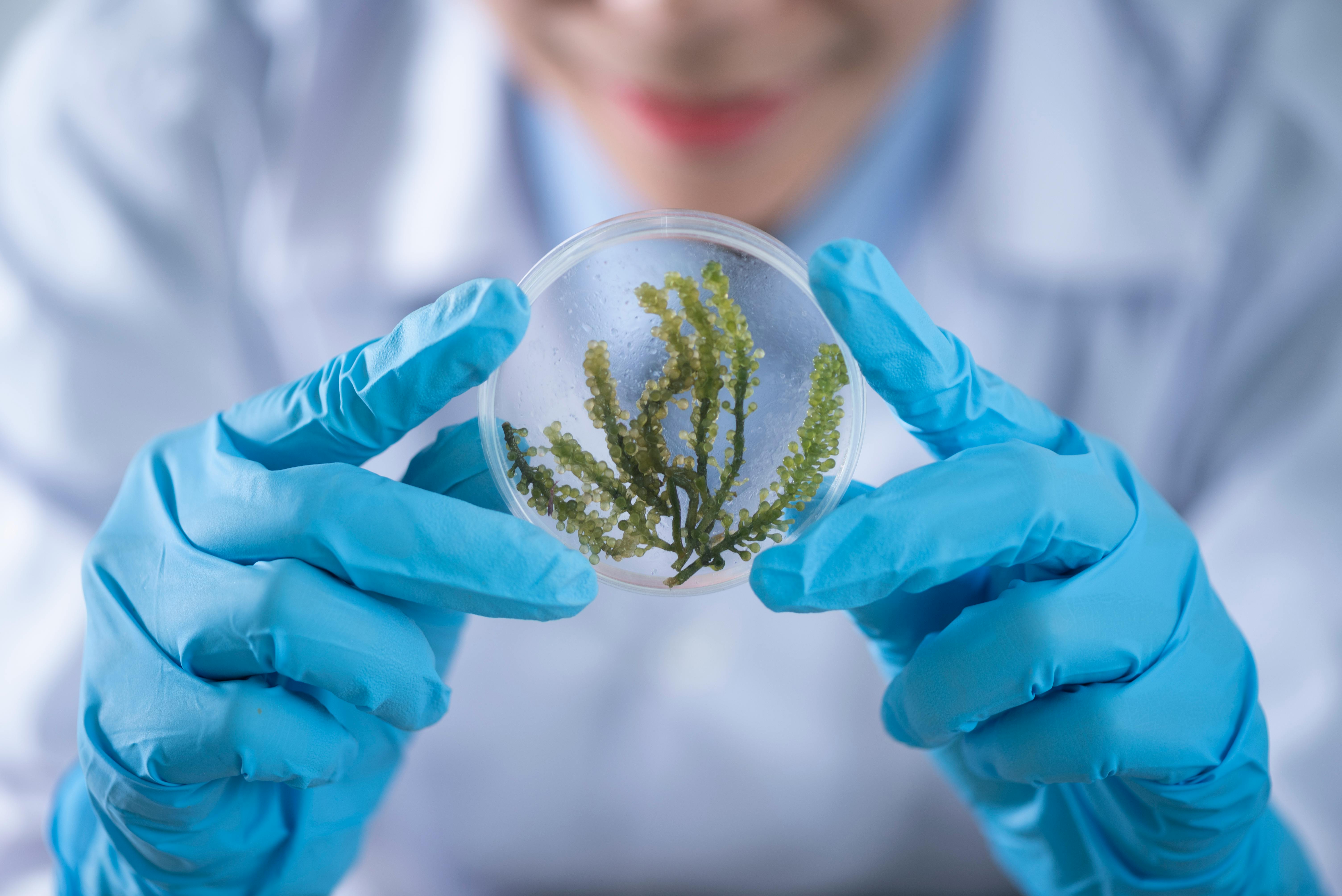
UNDERSTANDING LIFE SYSTEMS CELLS OVERVIEW
Cells are the smallest unit of life, and each cell is a system nested within a system. In Grade 8,
students will continue to develop their knowledge of organisms by focusing on the structure
and function of cells in plants and animals. Our knowledge of cells has increased enormously
since the middle of the twentieth century, and students will examine the implications of this
knowledge for individuals, society, and the environment.
Students will also be introduced to the use of microscopes. These are invaluable tools for scientists
and provide students with opportunities to explore objects in amazing detail. Microscopes are
precision instruments and must be handled with great care. It is important that students be able
to identify and explain the importance of practices for handling and using microscopes that not
only respect the fragility of the tool but also ensure their personal safety and the safety of others.
UNDERSTANDING STRUCTURES AND MECHANISMS SYSTEMS IN ACTION GRADE 8 OVERALL EXPECTATIONS
By the end of Grade 8, students will: 1. assess the personal, social, and/or environmental impacts of a system, and evaluate improvements to a system and/or alternative ways of meeting the same needs; 2. investigate a working system and the ways in which components of the system contribute to its desired function; 3. demonstrate an understanding of different types of systems and the factors that contribute to their safe and efficient operation. OVERVIEW The smooth functioning of society depends on a great number and variety of systems. The needs of society can influence the evolution of established systems or demand the introduction of new ones. Whether large or small, human, mechanical, or natural, all systems consist of many components that can be studied and improved. Students will learn to calculate the mechanical advantage of mechanical systems, and will learn about the overall safety, efficiency, and effectiveness of a variety of systems. It is necessary to provide opportunities for students with disabilities to participate in these or comparable activities. When making and/or experimenting with and testing devices or structures, it is important that students be able to identify and explain the importance of practices that ensure their personal safety and the safety of others. This includes knowing the correct way to use tools and equipment, knowing when and how to use protective eyewear, and knowing how to operate electricity and electrical systems safely.
UNDERSTANDING MATTER AND ENERGY FLUIDS OVERVIEW
Fluids are essential to many industrial processes and form the basis of hydraulic and pneumatic
devices. Any substance that flows is considered to be a fluid. This includes such things as water,
shampoo, sunscreen, and honey. Even gases, such as air, can be classified as fluids. Students will
learn about the diverse applications of the principles involved in fluid mechanics, the impacts of
technological innovations based on the properties of fluids, and the industries and jobs related to
fluids. To learn about the properties of fluids, students will experiment with and investigate the
viscosity and density of different liquids and ways in which these properties affect objects
placed in those liquids. Students will explore the implications of Archimedes’ principle by investigating and measuring the buoyant forces on different objects.
When designing, building, and testing devices, it is important that students be able to identify
and explain the importance of practices that ensure their personal safety and the safety of others.
This includes being able to recognize and remedy possible safety hazards in testing situations
and knowing how to use joining equipment and materials properly and safely.
UNDERSTANDING EARTH AND SPACE SYSTEMS WATER SYSTEMS OVERVIEW
More than 70 per cent of the earth’s surface is covered with water, and most of this water is found in the oceans. In learning about the earth’s water systems, students will develop an understanding of the important role that water systems play in global ecosystems. They will evaluate the role media play in portraying controversial water issues and research recent technological innovations related to Earth’s water systems. Students will gain a basic understanding of Earth’s water systems and come to a better understanding of their own role in caring for this precious resource.
It is important that students be able to identify and explain the importance of practices that ensure
their personal safety and the safety of others. This includes making the teacher aware of any
potential allergic reactions (e.g., to bee stings), wearing the clothing and footwear appropriate
for the conditions they are working in, and staying within the area of study.
- Teacher: Bouyela Education Corporation